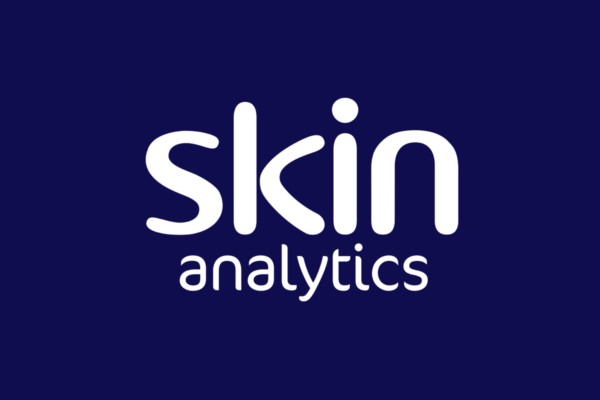This page has been archived and was last updated on 12th April 2022.
Innovation
Skin Analytics
2019 |

This content is currently being updated.
For the most current information on Skin Analytics’ regulatory status, please contact Sarah Daly at sarah@skinanalytics.co.uk.